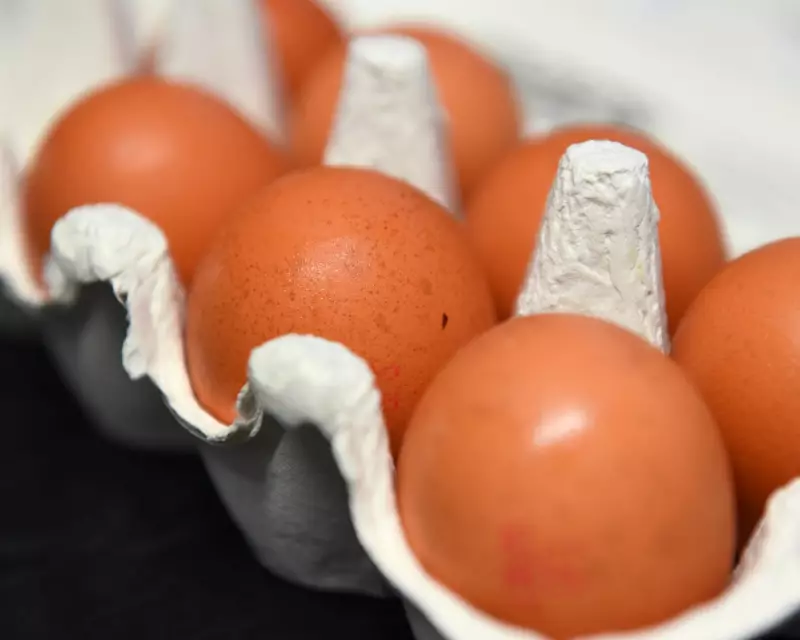
The UK's commitment to higher animal welfare standards is being undermined by a surge in imported eggs from caged hens, with Ukraine and Poland emerging as Britain's primary suppliers, according to recent investigations.
The Hidden Cost of Cheap Eggs
Despite the UK banning conventional battery cages over a decade ago and implementing some of the world's highest animal welfare standards, British supermarkets and food manufacturers continue to source eggs from countries where caged systems remain prevalent. Ukraine has rapidly become the UK's largest supplier of shell eggs, while Poland dominates processed egg imports used in products from mayonnaise to baked goods.
Welfare Concerns and Industry Response
Animal welfare organisations are sounding alarms about the conditions in these imported eggs' supply chains. Many Eastern European farms still utilise enriched colony cages, systems that British farmers phased out years ago under pressure from retailers and consumers.
The British Egg Industry Council has called for clearer labelling and greater transparency, arguing that "British shoppers who choose higher welfare products deserve to know what they're buying".
Economic Pressures and Supply Chain Realities
The influx of cheaper imported eggs comes amid significant economic pressures on UK food producers. Soaring energy costs and grain prices following the Ukraine conflict have made British egg production increasingly unprofitable, creating market space for cheaper imports that may not meet UK welfare standards.
Industry experts warn this trend threatens to undermine Britain's farming sector while potentially misleading consumers who believe they're supporting higher welfare practices.
What This Means for Consumers
- Check labels carefully for country of origin
- Look for British Lion mark to ensure UK standards
- Be aware that processed foods often contain imported eggs
- Consider the ethical implications of cheaper egg products
The situation highlights the complex challenges of maintaining animal welfare standards in a globalised food market, raising questions about whether current labelling laws adequately protect both consumers and the UK's farming standards.





